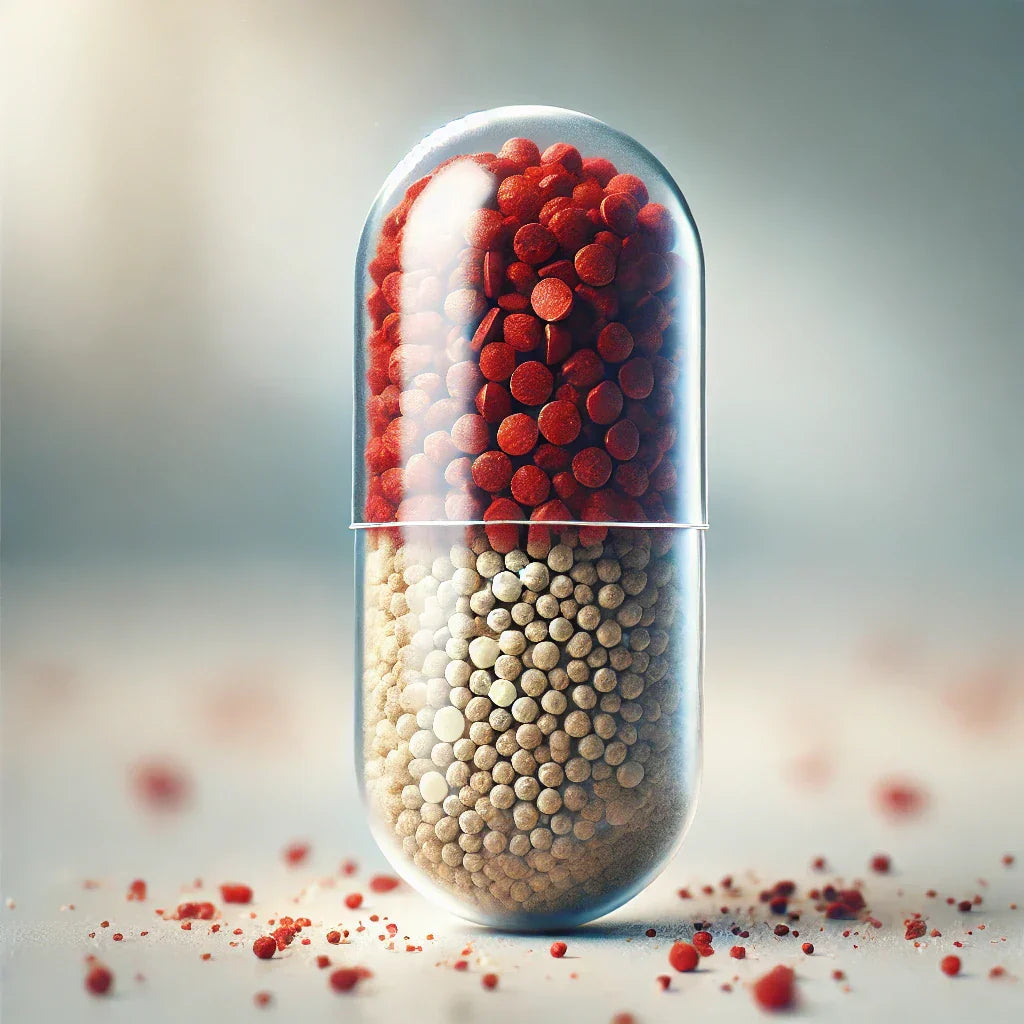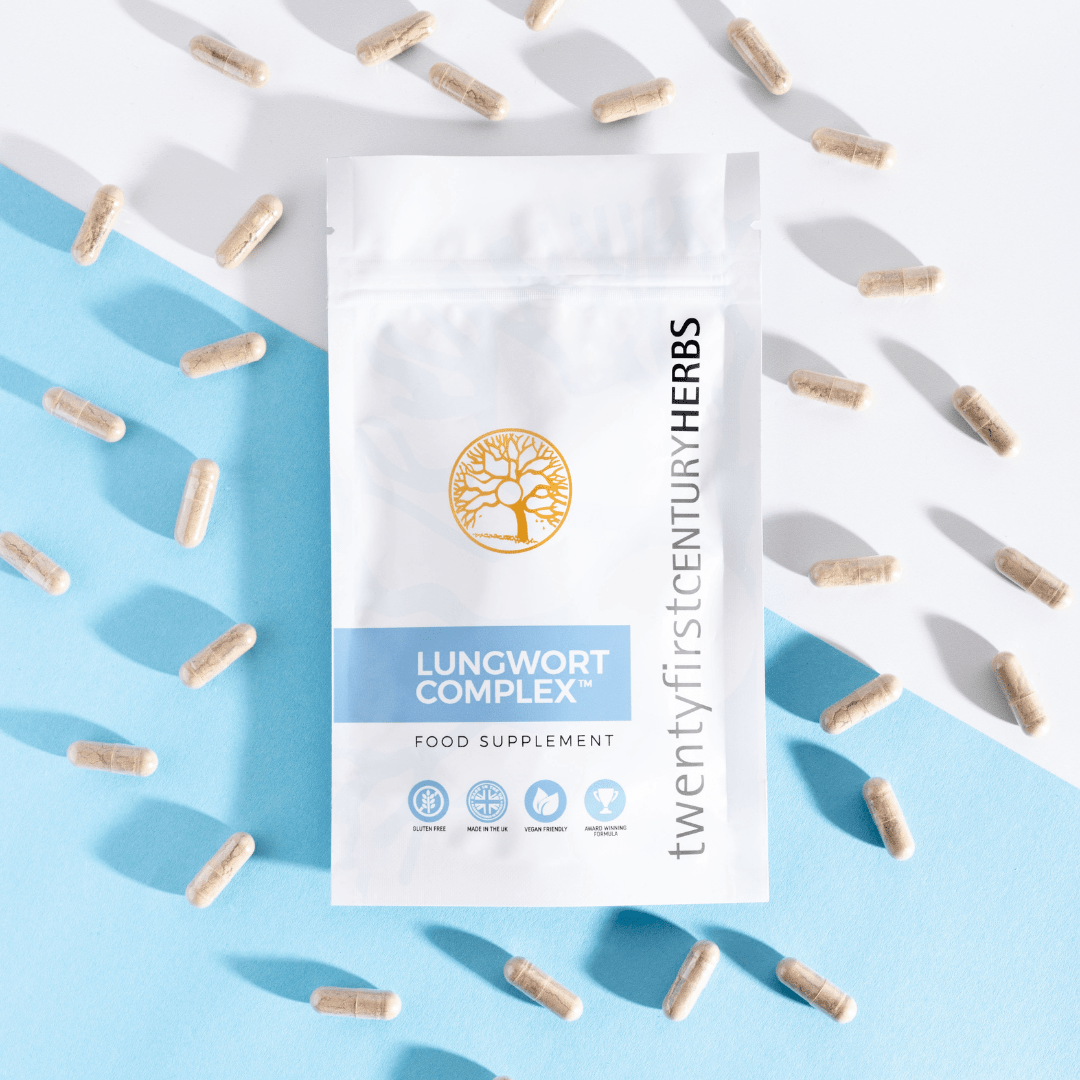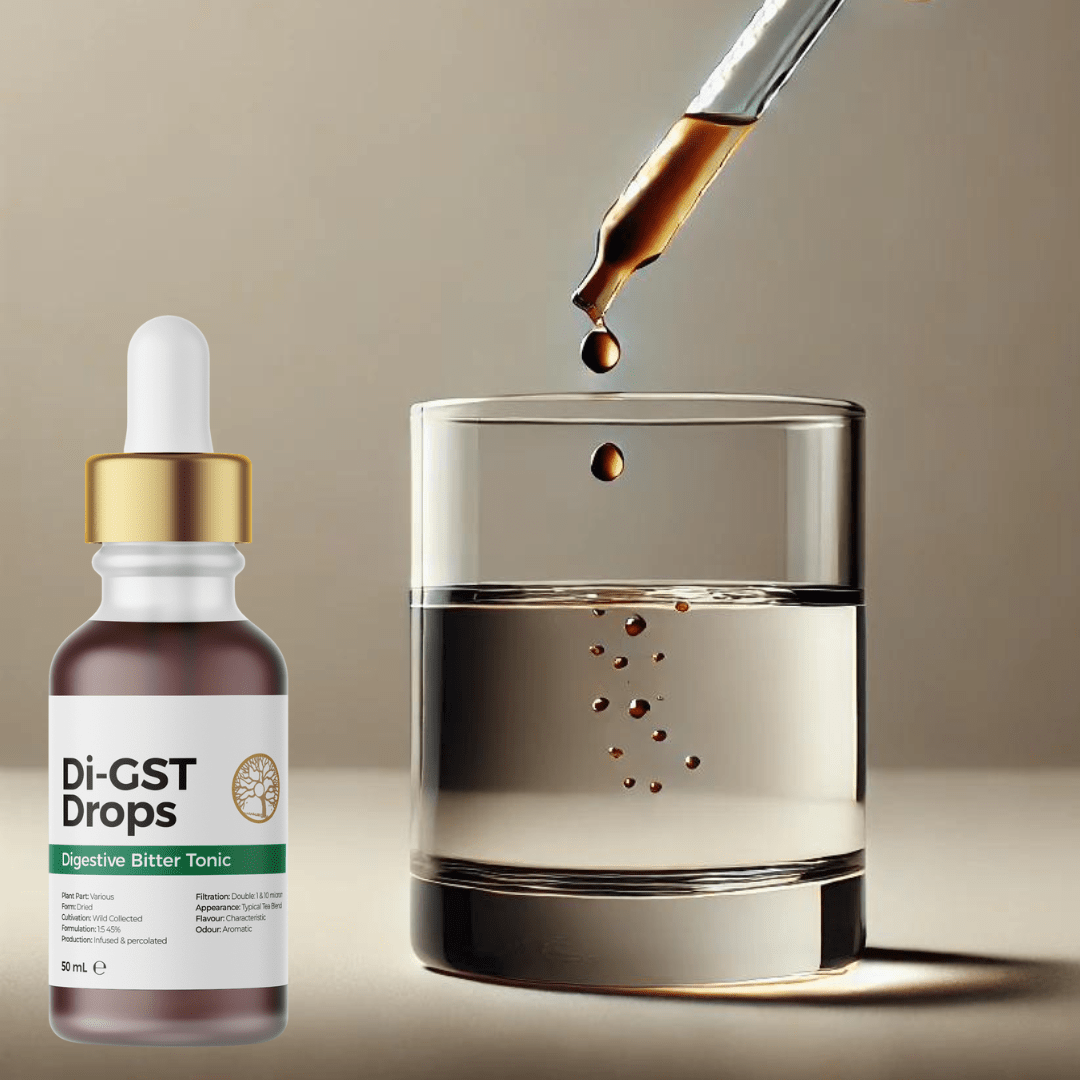

According to recent data, more than 10 million people in the UK are living with arthritis. Medics treat the condition with an array of prescription drugs, but many are ineffective or come with severe side effects, such as loss of appetite, feeling sick, diarrhoea, sore mouth and even hair loss.
Fortunately, there is growing evidence that natural supplements may be able to tackle both osteo and rheumatoid arthritis (the type caused when your immune system mistakenly targets the soft tissue in your joints). Incredibly, many of these ingredients are herbs that you can find in your garden.
Celery seed (which also comes in the form of an extract) may be just as effective as certain drugs in combating rheumatoid arthritis symptoms. Research shows that its pain-relieving powers are equivalent to first-line painkillers, such as ibuprofen, naproxen, and aspirin, and that it dramatically reduces inflammation and soreness.
Scientists and medics believe that the plant’s health benefits arise from its phytochemical content. Part of the plant’s beneficial effects may come from luteolin. This substance is found throughout the plant kingdom, but is available in high concentrations in celery. It interacts with the nervous system, helping to regulate pain feedback.
Celery seeds are often components of massage oils and topical salves. Anecdotal experience suggests that the ingredient soothes muscles and helps to reduce soreness under the skin.
Eating enough celery seeds to make a difference, though, is challenging. Therefore, many people as a concentrated extract supplement.

Dandelion is a common garden weed. However, all components of the plant are edible, including the flowers, stem, and root.
Dandelion has many well-known health benefits. These including its ability to fight inflammation, improve blood sugar control, and reduce cholesterol and triglyceride levels. Alongside this, the yellow flower is also a powerful ingredient in the fight against arthritis.
Researchers believe that taraxasterol is responsible for the plant’s protective effects, a phytonutrient with proven anti-inflammatory properties both in the lab and in human subjects. Research shows that it offers a protective effect against rheumatoid arthritis because of how it modulates the immune system. Treatment with taraxasterol suppresses inflammatory markets in the body (such as IL-6), protecting joint tissues.
At the same time, dandelion may support healthy bones. It is an excellent source of calcium and vitamin K, two ingredients the body needs to keep bones strong and well mineralised. And studies suggest that it reduces blood levels of osteocalcin, a marker of bone loss.
The fibre found in dandelion, a type of inulin, may be beneficial, too. It improves gut health which, in turn, regulates the immune system and improves bone health.
Unlike celery seed, dandelion is not a regular menu item. However, it is available in supplement form. Typical dosages are between 250 mg to 1,000 mg of dried powder per day.

Devil's claw is a herbal medicine used throughout history to treat a range of ailments, including arthritis. Researchers are still unsure precisely how the herb works, but they have found that it can block several pathways that cause joint pain.
Initially, investigators believed that the plant’s pain-killing effects came from harpagoside, one of the main compounds in the plant. However, they later discovered that the compound couldn’t fully explain its pain-relieving properties.
Reviews on the effectiveness of devil's claw for osteoarthritis date back to the 1980s. Studies, including randomised controlled trials (RCTs), explored the effectiveness of the herb on arthritic knee pain. The highest quality RCTs found that devil's claw was more effective than both placebo and a commonly-prescribed antiinflammatory drug, phenylbutazone, with fewer side effects.
Another study compared devil's claw to diacerein, a run-of-the-mill treatment for osteoarthritis. Improvements in symptoms were similar for the two groups, but those taking the devil's claw experienced fewer side effects. In these studies, participants took devil’s claw for 8 and 12 weeks. Practitioners consider the herb non-toxic when taken in moderate doses, even over long periods.
Devil's claw arrived in Europe in the early 1900s and soon became a treatment for a variety of conditions, including sores, gout, boils, heartburn and low back pain. Today, people in France and Germany still use it to fight inflammation. The herb comes from a perennial plant with multiple branching roots and shoots. Some have tubers, which were also once popular as medicines. Effective doses range from 150mg to 600mg per day.
This is the reason we developed Rheumatism Root Complex® an all natural formula for a host of joint issues.






